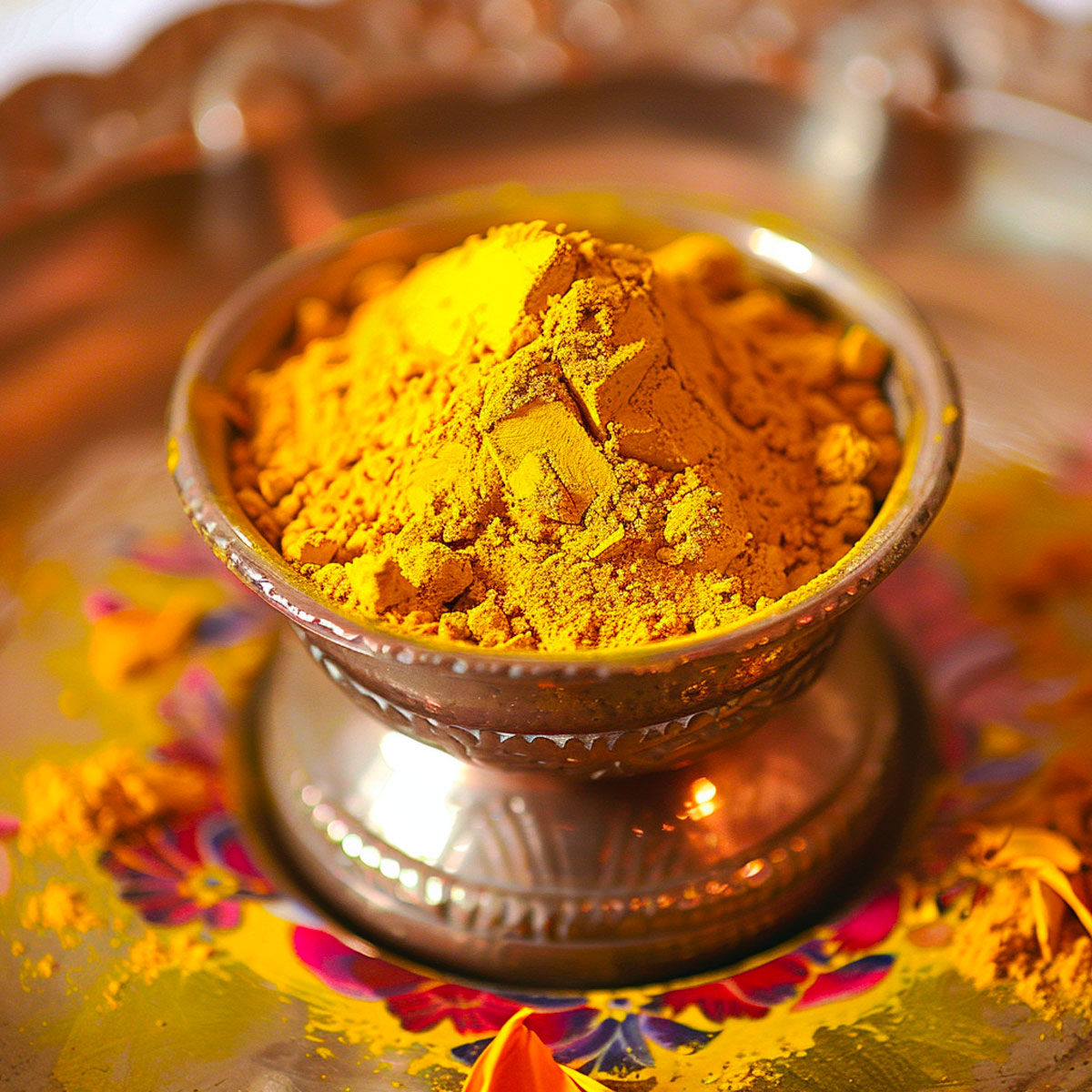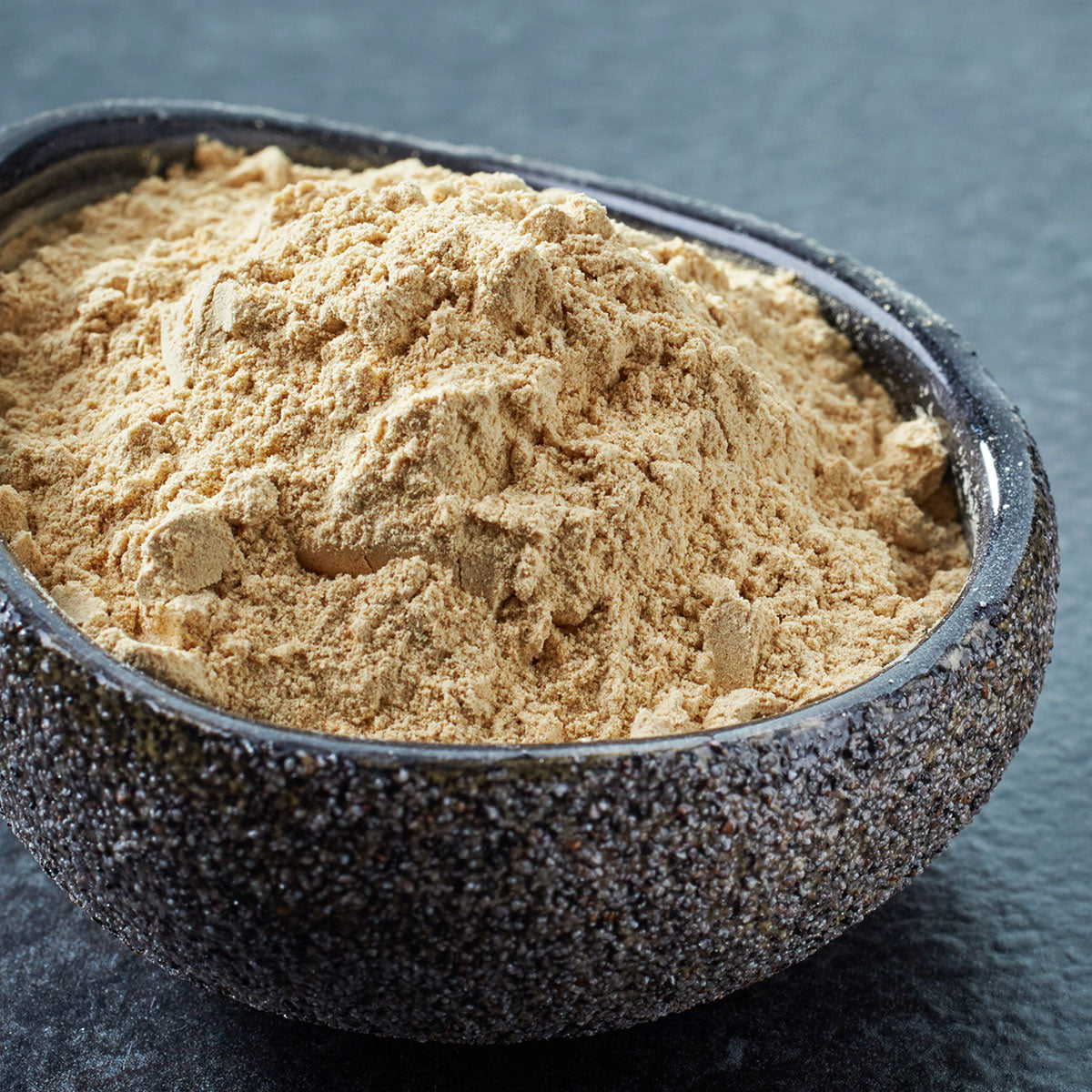Continuous stress, anxiety and lifestyle habits can have a negative impact on your sleep.
When you don’t get enough sleep, your immune system can’t work as efficiently to defend you from all the toxins and pathogens you encounter every day. This leads to increased risk of catching an illness.
Try our 10 top tips to help you fall sleep faster, improve the quality of sleep and wake up refreshed:

So here's our checklist
1. Cut down on caffeine
Reduce your caffeine intake and try to stop drinking any after 2pm. Research found caffeine makes it harder to fall asleep, reduces your sleep hours per night and worsens sleep quality (Journal of Clinical Sleep Medicine, 2013).
Try replacing your coffee with our Genuine Ceremonial Grade Matcha. It contains only 1/3 of the caffeine and the effects are cancelled out by L-theanine, an amazing nutrient that lowers anxiety and increases social confidence.
This means you can get a natural energy boost, without stuffing up your sleep. Other great alternatives are dandelion and chicory coffee, which give the coffee flavour, minus the caffeine.
2. Have Maca daily to reduce stress hormones
Research has shown Maca to reduce cortisol levels - the hormone that increases when you’re stressed and should be low in the evenings.
A Maca latte in the evening is a perfect way to help you feel grounded, and by nourishing the pituitary gland, it can optimise your levels of human growth hormone for a truly restful and regenerative sleep.
Mix 1tsp Organic Burst Maca with a cup of warm plant milk and a dash of maple syrup or your preferred sweetener.
3. Avoid blue light in the evening
This means switching off your phones, laptops and iPads an hour or two before going to bed. This type of artificial light interferes with your body’s melatonin production (our sleep hormone).
If you need to use your computer late at night, you can use f.lux, which is a computer program that adjusts the blue light emitting from your computer screen, or try wearing yellow glasses, that block the ultraviolet light.
4. Boost melatonin with banana
Bananas were shown to significantly increase melatonin levels in healthy volunteers, when they ate them for a week according to a 2013 study published in The Journal of Pineal Research.
Pineapple and oranges were also found to contain melatonin, so you could try these too.
5. Avoid working out after dinner
Exercising may be physically tiring, but it also stimulates your body, which can prevent you from falling asleep. Try to finish your workout at least 4 hours before you go to bed to allow your body to cool and settle down.
6. Chill your bedroom
You reach the deeper stage of sleep quicker when you’re in a colder environment. Bring down your bedroom temperature to a range between 60 and 65 degrees Fahrenheit (15.5 and 18.3 Celsius).
7. Keep the room dark and quiet
A bright room tricks your mind & body into thinking it’s still daytime, so darken your room as much as you can, blackout blinds can make a huge difference, or try an eye mask if you can’t manage this. Ear plugs are very helpful if there’s too much noise for you to nod off.
8. Include Turmeric daily to stay "zen"
If you’re having trouble sleeping because you’re worried, anxious, stressed or over whelmed, Turmeric can help. There are many studies that have shown curcumin to help reduce these feelings and give you the strength to face challenges with a positive mindset.
Mix 1tsp Organic Burst Turmeric with plant milk or stir into your Maca Latte (see above).
9. Try yogic breathing or meditation before bed
Studies show that these practices reduce stress, inflammatory markers and even lower blood pressure.
For instance, a study from 2017 published in Frontiers in Psychology found that just 1 session of 15mins of diaphragmatic or deep breathing significantly lowered the stress hormone cortisol. Just what you need to relax before bed to help you drop off.
10. Go to bed at 10pm
According to Ayurveda, when you go to sleep before 10pm it is much easier to fall asleep and have a restful night. The later past 10pm you go to bed the harder it is to sleep (as the new stimulating cycle of pitta kala begins at that time – which is why you get hungry at midnight if you stay up!).
This ancient knowledge is backed up by modern science too! Studies have found that going to bed before 10pm optimises the production of melatonin and human growth hormone that help us go to sleep and switch our bodies into rest and repair mode respectively.
Sweet Dreams!





